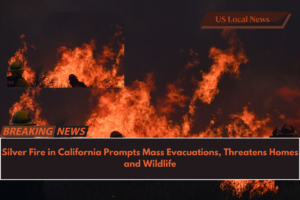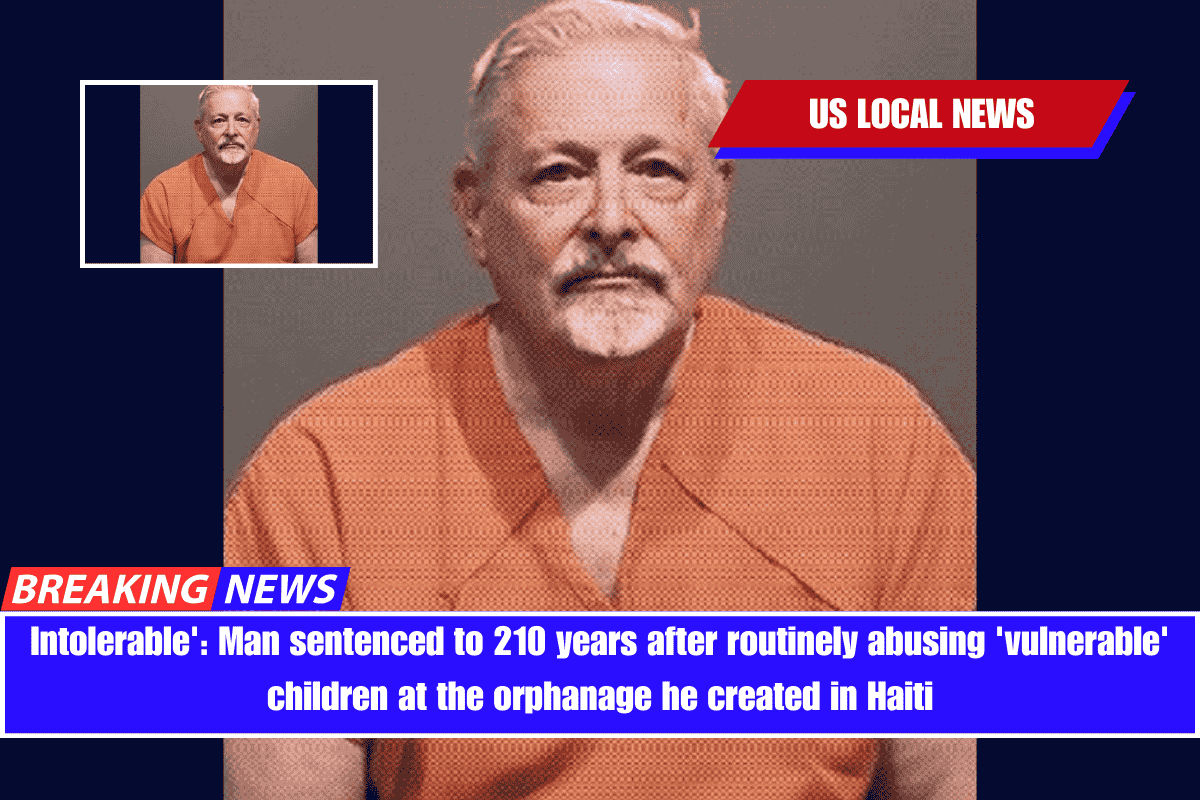In a recent development, Iran has officially rejected direct negotiations with the United States regarding its nuclear program. Iranian President Masoud Pezeshkian confirmed this stance during a cabinet meeting on Sunday, as reported by the Islamic Republic News Agency.
Pezeshkian clarified that while Iran is not willing to engage in direct talks with the U.S., it has left the door open for indirect negotiations. This response comes after President Donald Trump sent a letter to Tehran urging direct discussions on Iran’s nuclear activities.
Iran’s Response to Trump’s Letter
In his comments, President Pezeshkian stated that Iran’s response to Trump’s letter was delivered via a third-party, Oman, which has long served as a mediator in Middle Eastern diplomacy.
While rejecting direct talks, Iran emphasized its openness to indirect negotiations, signaling that the possibility for dialogue is still available, provided certain conditions are met.
Pezeshkian pointed out that Iran has never avoided negotiations, but the U.S.’s failure to honor past commitments, particularly its withdrawal from the 2015 nuclear deal (known as the Joint Comprehensive Plan of Action, or JCPOA) in 2018, has undermined trust and complicated diplomatic efforts.
The U.S. Withdrawal from the Nuclear Deal
The Iranian president stressed that it was the U.S. breach of commitments that created significant issues, and for meaningful negotiations to proceed, trust must be restored. He added that the future of these talks will depend on the actions of the American government, stating, “It will be the actions of the Americans that determine whether negotiations continue.”
The Path Forward for Diplomacy
While direct negotiations are currently off the table, the potential for indirect negotiations provides a glimmer of hope for diplomatic progress.
These discussions would likely focus on finding a resolution to the ongoing concerns surrounding Iran’s nuclear program, as well as broader regional security issues.
As the situation develops, the global community will be watching closely to see whether both sides can find a way to bridge their differences and engage in talks that could lead to a lasting diplomatic resolution.


















Leave a Reply